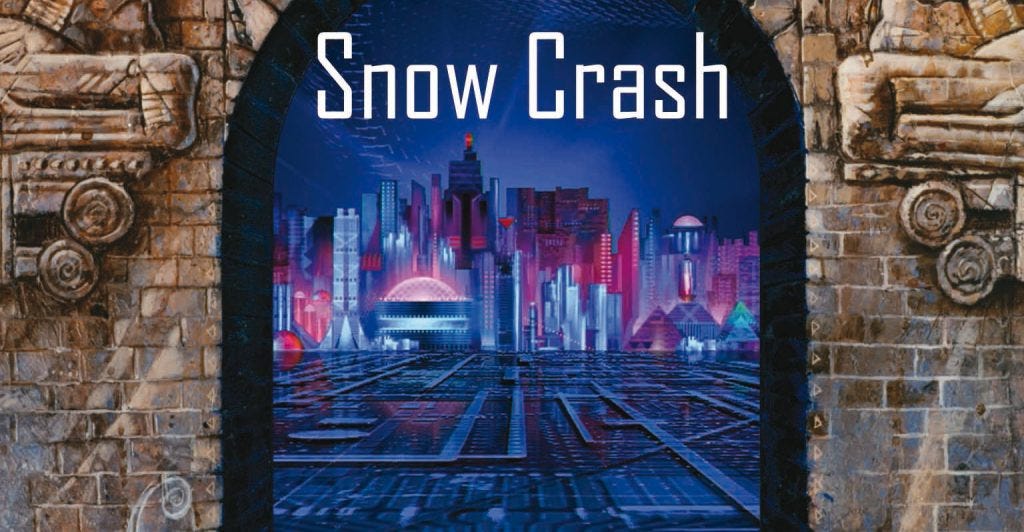Investments into Blockchain based games are growing. SuperTeam raises $10M

The introduction of blockchain has redefined the gaming industry, providing a safe and secure environment for game developers and entrepreneurs.
From playing humble old games like Pac Man, Robocop, and Supermario to immersing ourselves in Sandbox and Illuvium, we've all grown up. Even these iconic retro games are getting nostalgia-fuelled VR remakes nowadays. Remember how we used to say that if we had a nickel for every time, we played these video games, we'd be so rich! How impressed would our childhood selves be to hear that we can now amass millions by simply playing games?
The gaming industry underwent a dramatic transformation. Thanks to NFTs, free-to-play and play-to-earn models. The blockchain gaming industry is seeing an increase in investment. According to a DappRadar report published in April, the sector raised $2.5 billion in the first quarter, a 150 % increase from the previous year.
According to a recent Technavio report, the global gaming market is expected to grow by $125.65 billion between 2020 and 2025, at a CAGR of 12.40 %. Clearly, the incorporation of Blockchain technology in gaming is the major factor driving the market growth.
Now SuperTeam Games, a California-based independent game studio, has raised $10 million in its first round of funding to develop cross-platform sports games that use blockchain technology.
Griffin Gaming Partners, one of the largest game-focused venture funds, led the round. Former Disney CEO Michael Eisner, Powerhouse Capital, and MLS franchise owners Steve Kaplan and Bennett Rosenthal are among the other investors.
"Web3 and blockchain technology bring new monetization and digital asset ownership to players, which we believe is one of the most important technical advancements in the history of games," said Peter Levin, managing director of Griffin Gaming Partners.
SuperTeam Games, which was founded in 2021 by industry veterans Jerome Collin, Mike Saperstein, Sam Sheth, and Andre Taube, is developing a new wave of sports games. The goal was to create games that are fast, fun, and provide a unique spin on the genre, allowing users to play with their friends on any platform.
SuperTeam Games has assembled a team of over 25 developers with backgrounds at Disney, Zynga, Electronic Arts, Ubisoft, Sega, 3DO, GLU, Konami, Wizards of the Coast, and Capcom. Their first game will launch this summer with a closed beta.
The gaming studio has also teamed up with Forte, a company that integrates wallets and NFTs into games to create rich, player-centric experiences.
Griffin Gaming Partners, with over $1 billion in AUM, is one of the world's largest venture capital firms solely focused on the global gaming market. Griffin's Managing Director Peter Levin has joined the SuperTeam Games Board of Directors.
As blockchain continues to gain traction as a global phenomenon, industries all over the world are looking for new ways to incorporate this revolutionary technology into their competitive strengths. Bringing together two thriving industries, gaming and crypto, blockchain gaming is bound to be a hit.
With companies like Forte, Griffin Gaming Partners and SuperTeam Games, who are determined to set new standards for the GameFi space, it's safe to say that blockchains will power the future gaming industry.
Salesforce is launching NFT based platform for brands to mint and sell NFTs.
Seem like everyone wants to get their hands on NFTs, from prominent software companies to consumer-based businesses are making their way into this space. Salesforce, a renowned cloud-software provider, recently announced the debut of NFT cloud, an nft-based platform where it assists brands in creating, launching and managing their own NFTs.
Through this platform, brands can build connected experiences that span the digital and real worlds. Brands are already using NFTs to enhance engagement, and with tools like these, which make the process of minting and selling NFTs easy, we might see more of them jumping in.
"Salesforce is seeing interest from CMOs and CDOs who are asking for help entering web3, and we are enthusiastic about bringing new innovations, products and offerings to our customers in a way that allows them to build and maintain meaningful relationships with their customers," Adam Caplan, SVP of Emerging Technology at Salesforce, told TechCrunch.
Despite internal opposition to the launch of this feature since it could have ethical and environmental consequences due to selling digital assets, the firm pushed forward and said it would sustainably launch the platform.
Salesforce hasn't said which blockchain it's using, but given that it specified energy-efficient chains, Ethereum might be ruled out. This isn't Salesforce's first foray into the web3 world. The company stated it worked on a blockchain product in 2018 and launched a blockchain development tool in 2019. However, neither of these products took off.
The author who coined 'Metaverse' in 1992 is coming up with his metaverse.
Neal Stephenson, the author of the book Snowcrash, in which the term "metaverse" was first used, is now collaborating with crypto technologist Peter Vessenes to bring his visions to life. In addition to his role as a writer, Neal has worked as the chief futurist for Magic, an augmented reality (AR) company, from 2014 to 2020.
The company has introduced Lamina1, a metaverse-focused blockchain-inspired by the novel and designed to produce immersive virtual experiences through the platform. They hope that LAMINA1 will act as the "base layer for the Open Metaverse."
In the novel, he describes the metaverse as a virtual urban environment that can be accessed by a worldwide fibre-optic network and virtual reality headset. The book also touches on socioeconomic inequality, centralized control, constant advertising, and the concept of virtual real estate. Maybe he was too ahead of his time :)
But even today, there is no universally accepted interpretation for the term metaverse; everyone has their own definition, which might range from a blockchain-based video game to a fully immersive future of life.
"While big companies like Microsoft [MSFT] became interested, what also happened was lots of smaller players became interested, too. There are a lot of people who want to get in on the metaverse and build their dreams, build their ideas, realize their creative notions or their commercial ambitions," says Neal Stephenson
According to a news release, Ethereum co-founder Joseph Lubin, Geoff Entress, Matthew Roszak, Patrick Murck, and David Johnston are among the project's financial backers.





